Land Rover will launch the first electric SUV based atop its new EMA platform in spring 2026 - and it's expected to be the replacement for the Range Rover Velar.
The marque's first EV will be the Range Rover Electric due next year. That flagship model – and the Range Rover Sport Electric due shortly after – will use the same MLA underpinnings as the current ICE cars, while smaller SUVs will use the new, electric-first EMA architecture.
It's expected that EMA will be used for electric replacements for the Land Rover Discovery Sport and Range Rover Evoque, as well as a smaller Land Rover 'Defender Sport' off-roader and a second-generation Velar, which is the only one to have been spotted testing so far.
EMA-based models will be built at JLR's Halewood plant on Merseyside, into which the firm is investing £500 million to prepare it to produce electric cars.
While sibling brand Jaguar has confirmed that it will launch the first EV of its new era in 2026, timelines for Land Rover's electrification push had been unclear - particularly as the brand recently rowed back on earlier plans to launch six electric models by 2026 in light of fluctuation demand for EVs.
But now JLR CEO Adrian Mardell has confirmed that the first EMA-based Land Rover – likely to be the marque's third electric car – will be on the road in less than two years.
"We've been clear that that Jaguar will be the third architecture to launch," he said. "We'll first have MLA BEV, with the Range Rover BEV later next year. Then it's the first vehicle off EMA, which will probably be springtime in 2026. Jaguar will be after that."
Mardell went on to confirm a planned late summer 2026 launch for Jaguar's electric GT - which will be previewed by a concept on 2 December.
The first prototype for the Velar EV was spotted winter testing a few months ago, wearing what looked to be a production-spec design and seemingly almost ready for an unveiling, but Mardell didn't offer any hint as to when the wraps might come off.
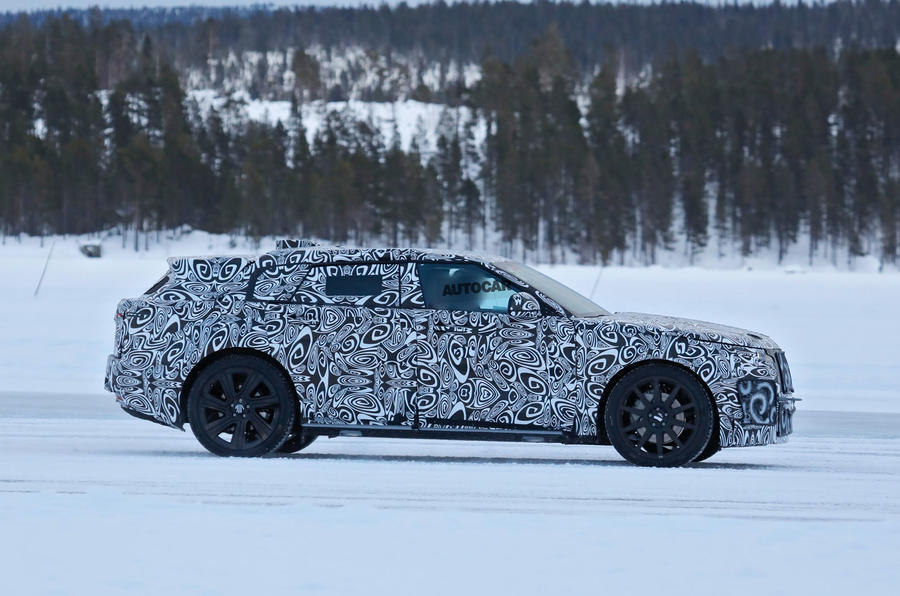

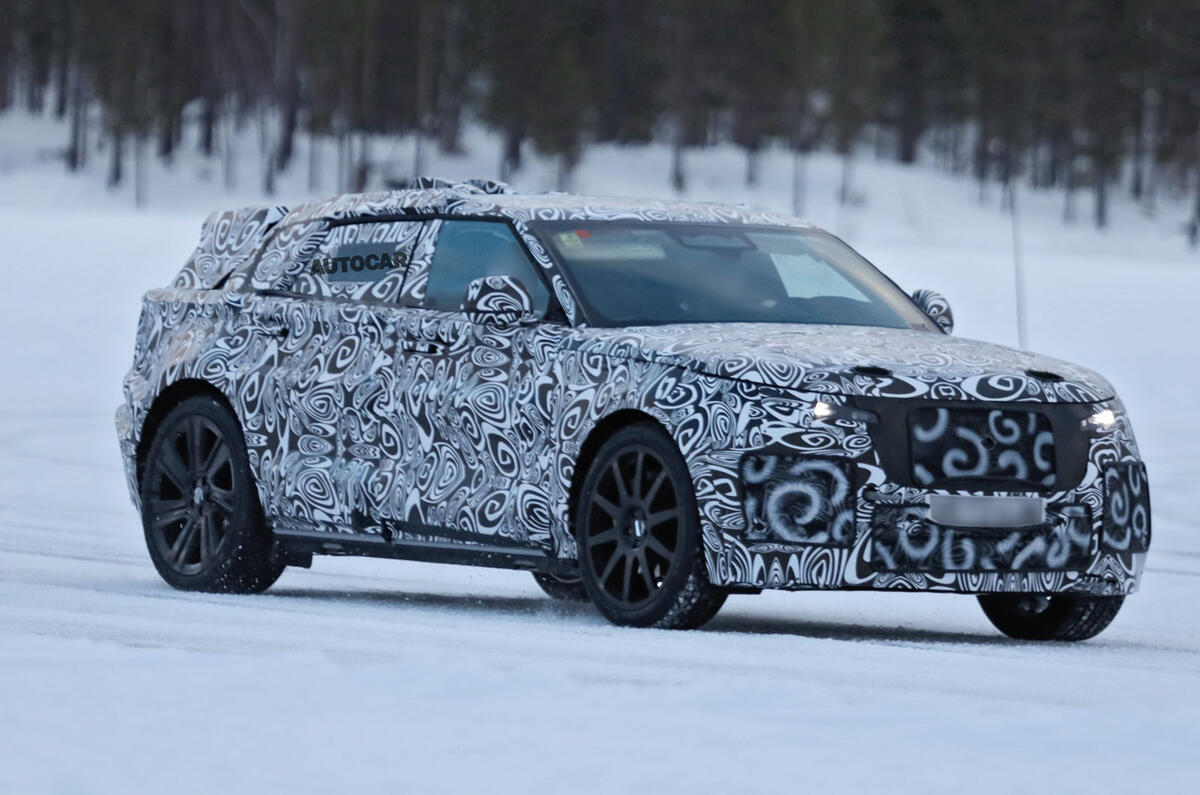
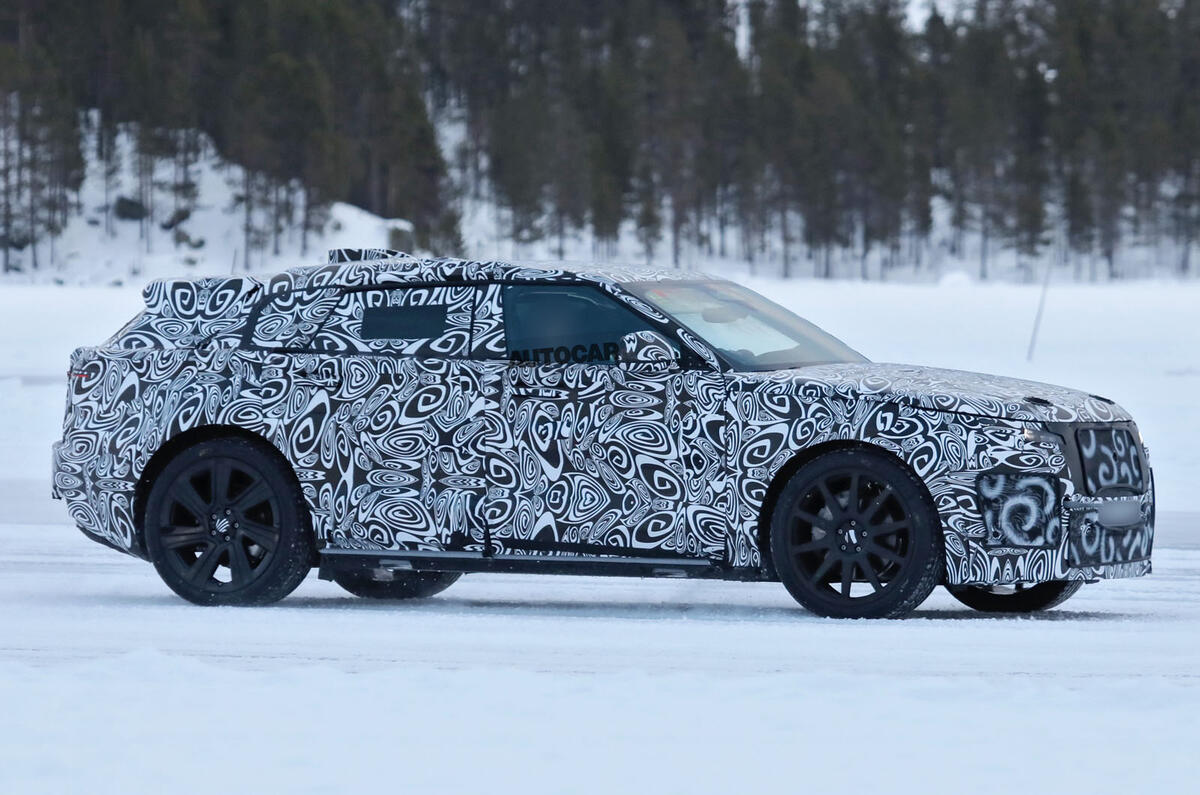
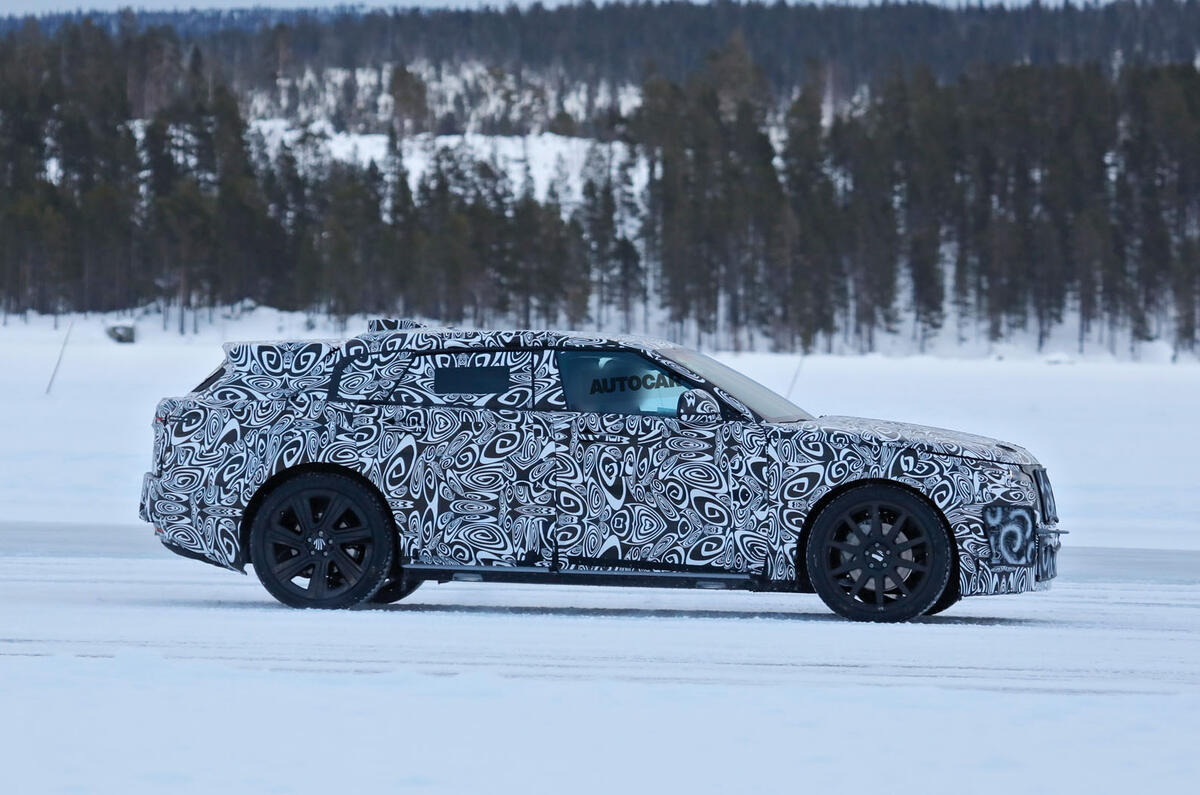
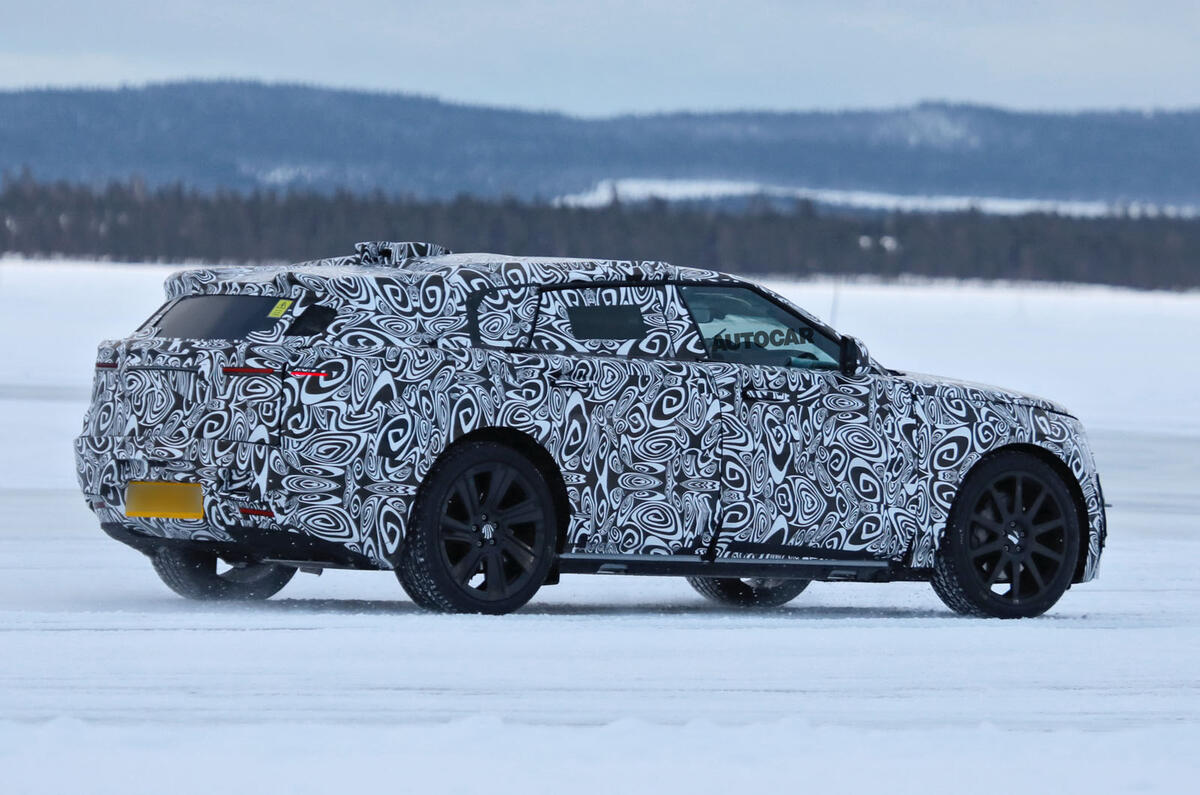
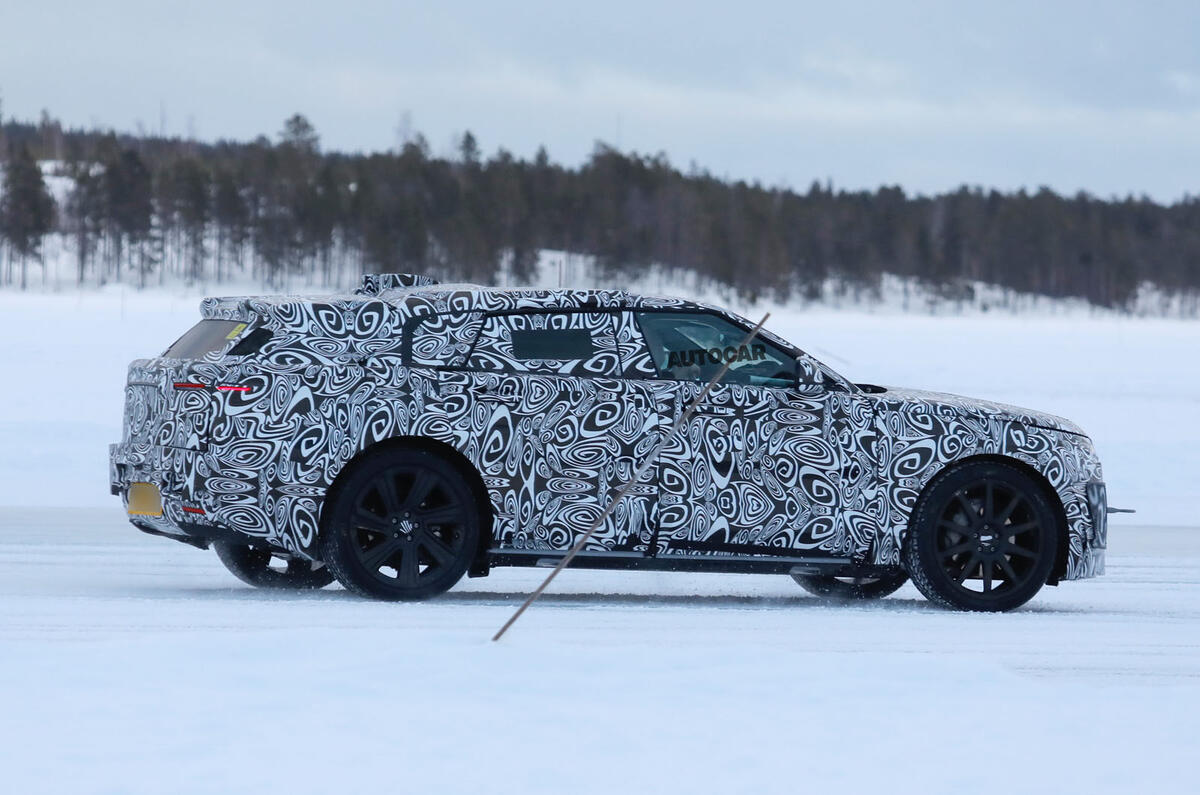
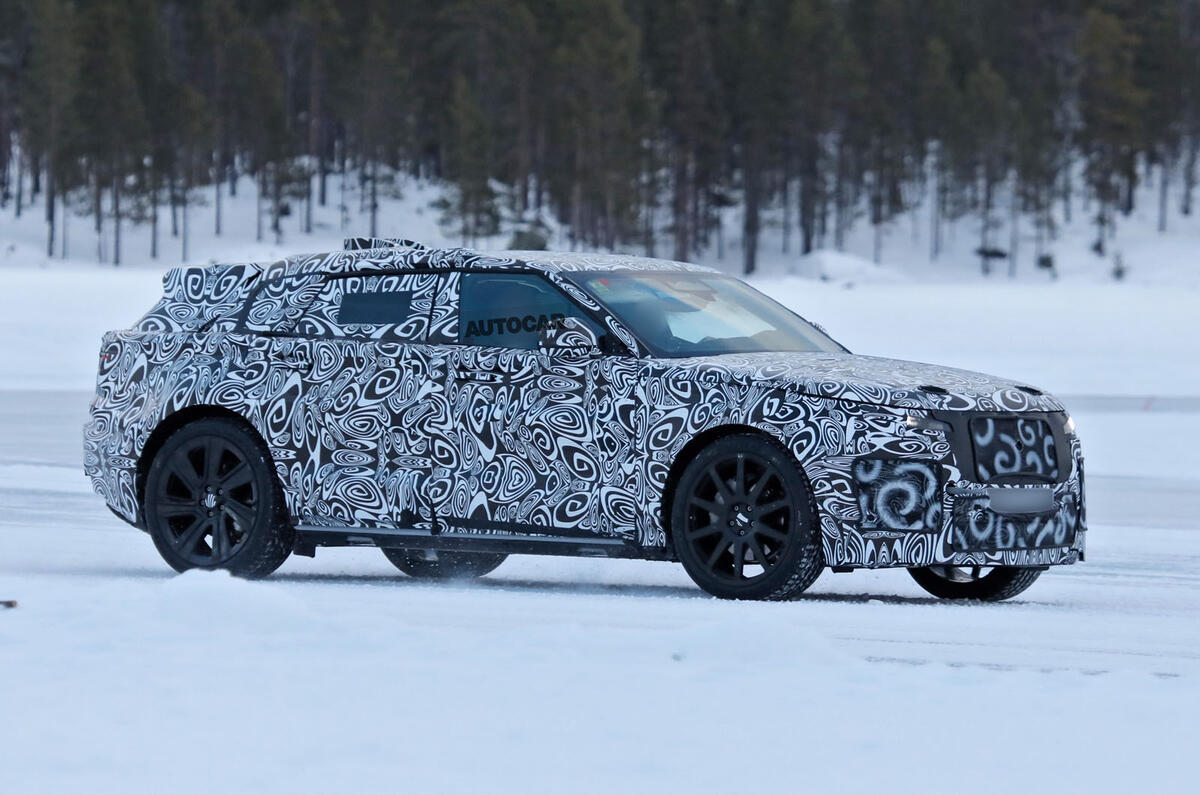
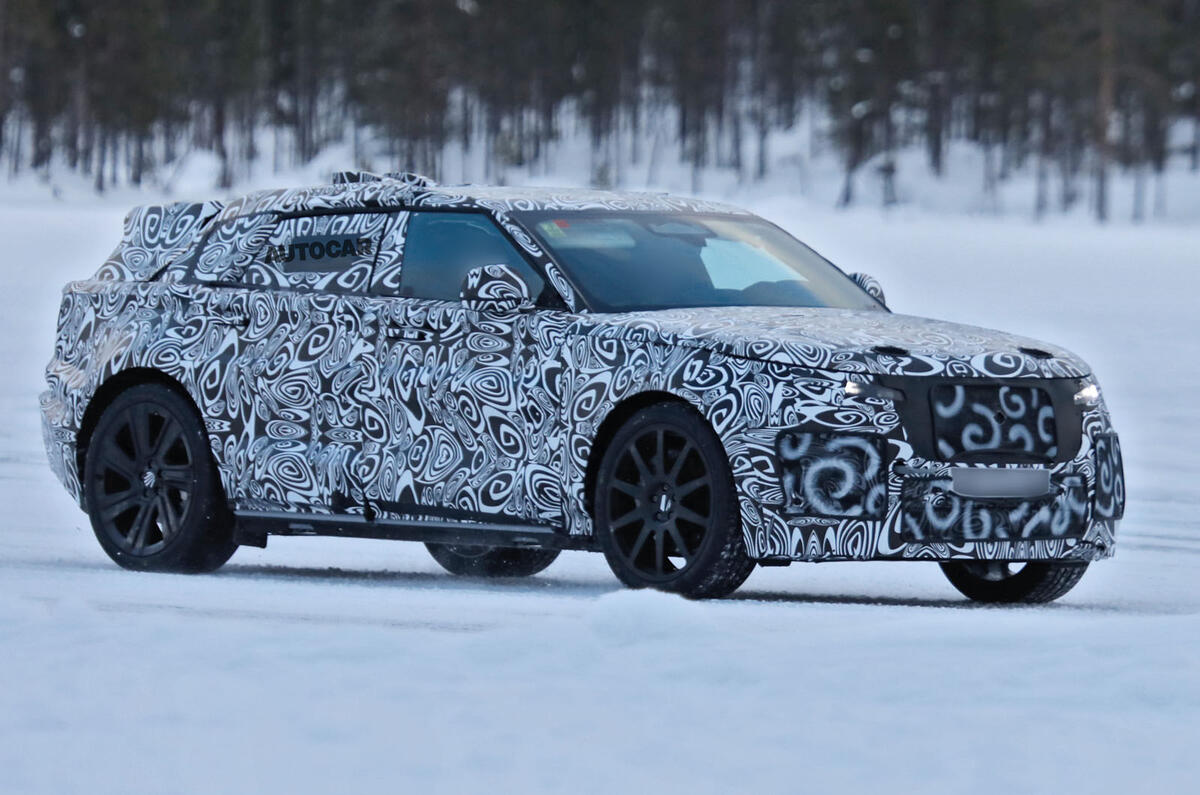
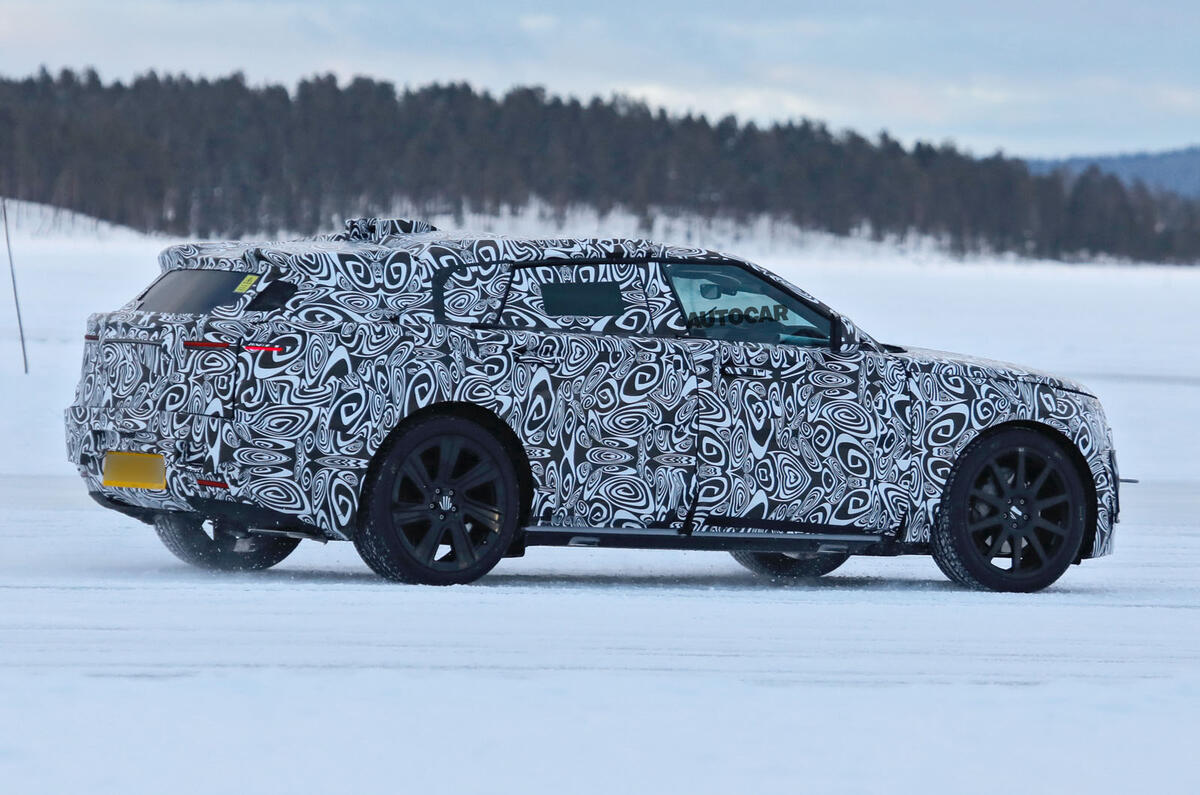
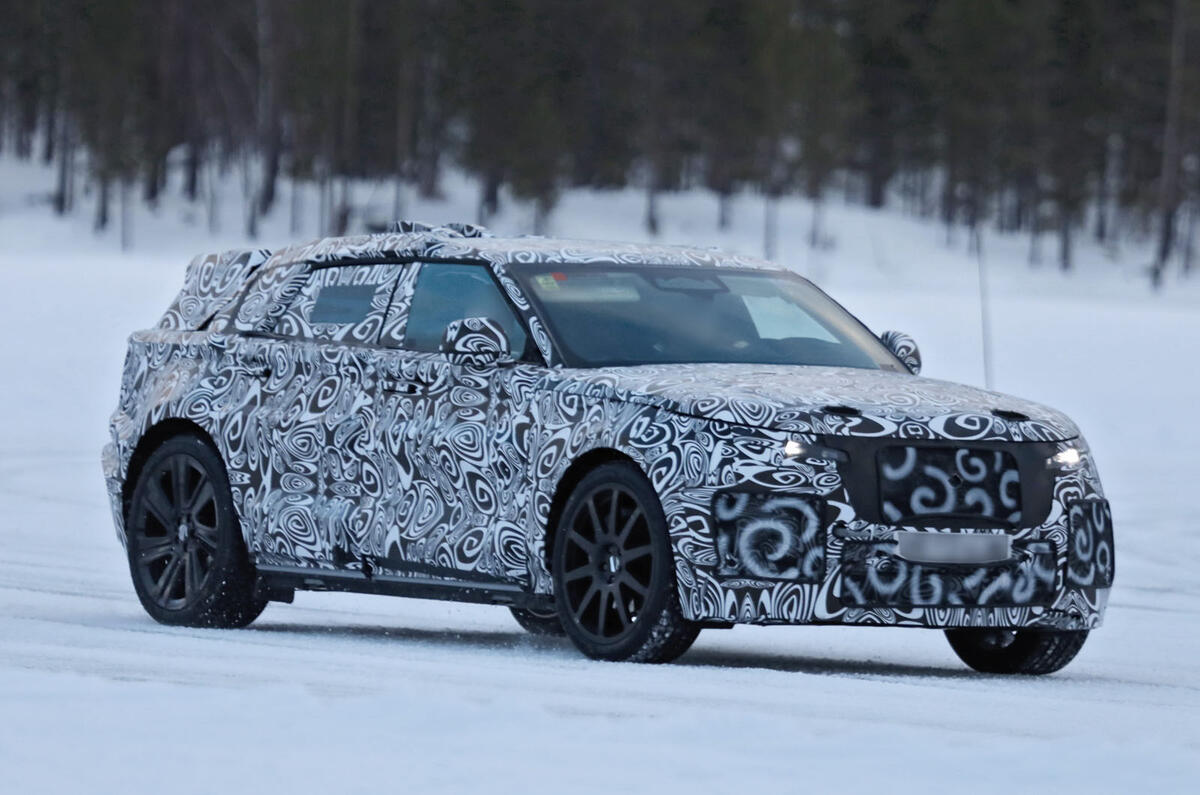
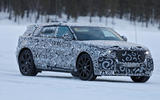












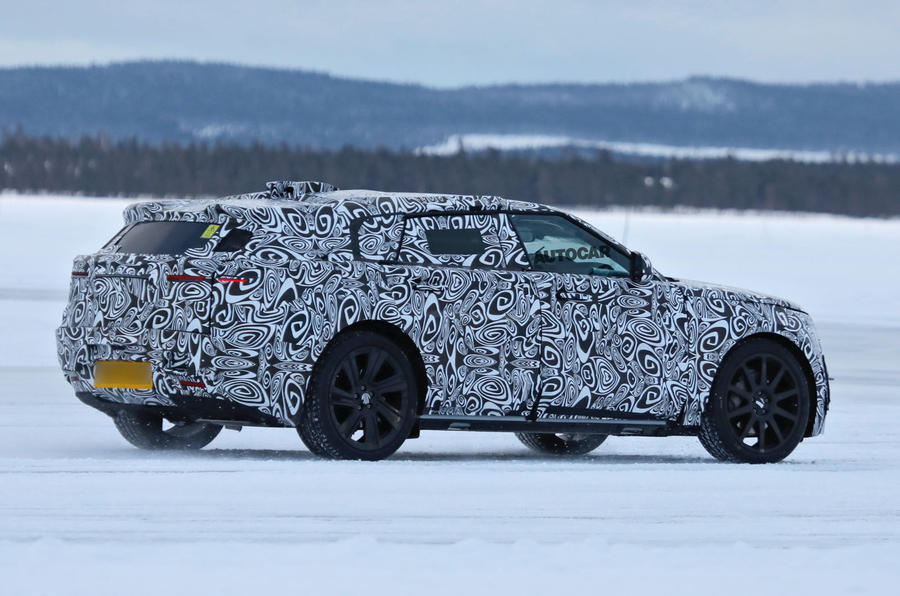






Join the debate
Add your comment
The current Velar always puts a rueful smile on my face. It's an F-Pace in a Barbour jacket. The F-Pace was an XE/XF on stilts. The F-Pace was the best-selling Jaguar of its day. The Velar outsold the F-Pace, so the most expensive version of the car was the best seller. Funny old world.
Looks sleek?, it's what passes for sleek today,and, I don't know how many you see on a daily basis, but I can count the ones I see on one hand minus my thumb and pinky.